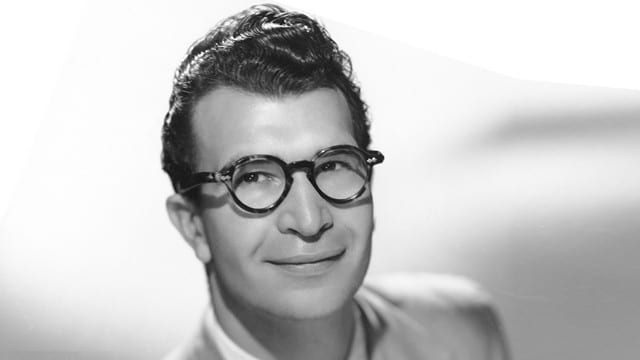The contributors to the Take Five blog were all saddened to learn about the passing of legendary jazz pianist – and public diplomat – Dave Brubeck on Wednesday. Brubeck’s status as a giant and a pioneer in jazz is well known, and a large part of why he received the Kennedy Center Honor in 2009. (He also received an Honorary Degree from George Washington University – the home of this blog and the Institute for Public Diplomacy and Global Communication – in 2010.) His seminal album “Time Out,” which includes the classic hit for which this blog is named, broke new ground in jazz composition while achieving the kind of popular success rarely seen by even the genre’s giants. It’s a beautiful, timeless album.
Less well known, however, is his major contributions to American public diplomacy. In the late 1950s the State Department sent his quartet on a world tour as part of their efforts to reach foreign publics through the power of jazz, which many consider to be not only the greatest American music genre, but perhaps the country’s only truly indigenous one. He continued to lead tours of “jazz ambassadors” throughout his life, and was awarded the prestigious Benjamin Franklin Award for Public Diplomacy in 2008 for his efforts.
Those tours played an important role in Brubeck’s life, and his contributions went beyond his music. The music he heard in the countries he visited inspired many of his greatest hits, including those on “Time Out” such as “Blue Rondo a la Turk” and “Take Five.” At the same time, Brubeck’s strong civil rights stance empowered him to refuse to play in South Africa due to its brutal system of racial Apartheid when the contract required him to play with an all-white band.
Both, it seems to me, are examples of the nature and power of public diplomacy, which is predicated on two-way, interactive communication and exchange of ideas. The State Department sent Brubeck around the world to spread the gospel of Jazz, and with it a more subtle message of America’s cultural greatness and freedom during the Cold War. But Brubeck didn’t just play for his audiences, he listened to them, too. The world benefited from these exchanges in the form of even greater music from those he inspired, but also from him.
At the same time, the racial diversity of Brubeck’s traveling combos – and of other “Jazz Ambassadors” sent by the State Department during this period – made a statement in and of itself, even if at the time the United States wasn’t even coming close to living up to that standard. But Brubeck’s unwavering commitment to racial equality, and his willingness to stand up to the Apartheid regime, also showed the power of public diplomacy to convey our cultural values.
Brubeck’s loss is a giant one to jazz, and to diplomacy. We at Take Five are proud to honor his legacy with this blog.
[youtube=http://www.youtube.com/watch?v=faJE92phKzI]



Thanks for this remembrance of Brubeck, Sean. As NPR notes today, Dave Brubeck’s disparate “Jazz Ambassadors” experiences were examined via music “when he and his wife, Iola, co-wrote a musical designed for Louis Armstrong — another cultural ambassador, and an outspoken figure on civil rights. Save for one Monterey Jazz Festival performance, ‘The Real Ambassadors’ was never staged, but it did result in a ‘soundtrack’ recording, with Armstrong, Brubeck’s band, singer Carmen McRae and the vocal trio of Lambert, Hendricks and Ross. As ‘They Say I Look Like God’ shows, Brubeck was concerned with a lot more than time signatures.” (And for those interested in researching American jazz diplomacy in the early Cold War era more deeply, take a look at Satchmo Blows Up the World: Jazz Ambassadors Play the Cold War, by Penny M. Von Eschen; Harvard University Press, 2006.)